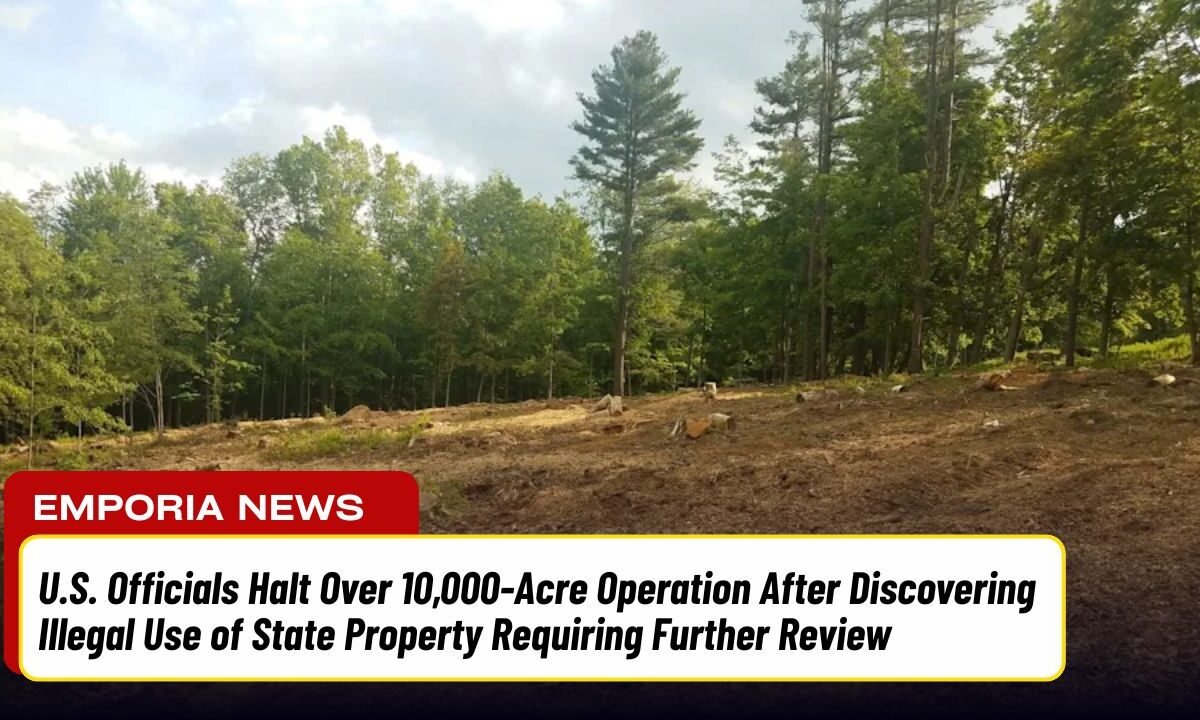A major logging initiative planned for Montana’s Cabinet-Yaak Ecosystem Recovery Zone has been halted after a federal judge determined that the project posed serious risks to threatened grizzly bears.
The ruling found that the proposal violated multiple federal laws, including the Endangered Species Act, due to inadequate consideration of how unauthorized road use would affect the grizzly population.
Court Decision Highlights Key Environmental Failures
According to reports, the U.S. Forest Service (USFS) did not properly evaluate illegal road activity and its consequences for grizzly bears. U.S. District Judge Dana Christensen criticized the agency’s approach, stating that the failure to include known illegal motorized use in its environmental calculations was both arbitrary and capricious.
Christensen emphasized that ignoring ineffective road closures and the impacts of unregulated routes demands additional review under NEPA (National Environmental Policy Act). Proper analysis is especially important because roads — even those officially closed — can fragment habitat and increase mortality for already dwindling wildlife populations.
Conservation Groups Led the Legal Challenge
In 2022, the Center for Biological Diversity and several partner organizations filed a lawsuit asserting that the Knotty Pine Project’s expansive clear-cutting plans and increased road density would further damage grizzly habitat.
The court issued an injunction in 2023, citing a strong likelihood of irreparable harm if the project moved forward.
The conservationists highlighted alarming data:
- Most grizzly bear deaths occur within one-third of a mile of a road.
- The Cabinet-Yaak grizzly population sits at roughly 45 bears — less than half of its official recovery target.
- Between 2018 and 2023, this population declined by 30%, making it one of the most at-risk grizzly groups in the continental United States.
Debate Over Logging and Forest Health
The 10-year logging plan was partially justified as a measure to reduce wildfire risk by thinning vegetation. However, the Alliance for the Wild Rockies argued that untouched forests naturally resist wildfire spread more effectively because they maintain moist, shaded ground conditions.
Additional plaintiffs — including the Yaak Valley Forest Council, Native Ecosystems Council, and WildEarth Guardians — stressed that enforcing environmental laws is critical not only for grizzly bears but for the long-term preservation of sensitive ecosystems.
Protecting Wildlife Through Advocacy and Legislation
The ruling underscores the importance of strong environmental protections and active advocacy. Conservation groups continue to push for broader legislative safeguards such as the Northern Rockies Ecosystem Protection Act, which aims to protect native species and combat what many scientists describe as the planet’s sixth mass extinction event.
Organizations like AWR are urging citizens to get involved by contacting their representatives and supporting preservation efforts — whether through advocacy, volunteer work, or donations.
The suspension of the Montana logging initiative demonstrates how vigilant legal oversight and environmental advocacy can prevent irreversible harm to vulnerable species.
With the Cabinet-Yaak grizzly bears already at critically low numbers, the decision reinforces the need for stronger protections, thorough environmental reviews, and continued public engagement to safeguard the region’s wildlife and natural landscapes for generations to come.




